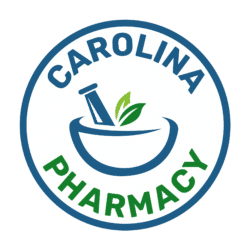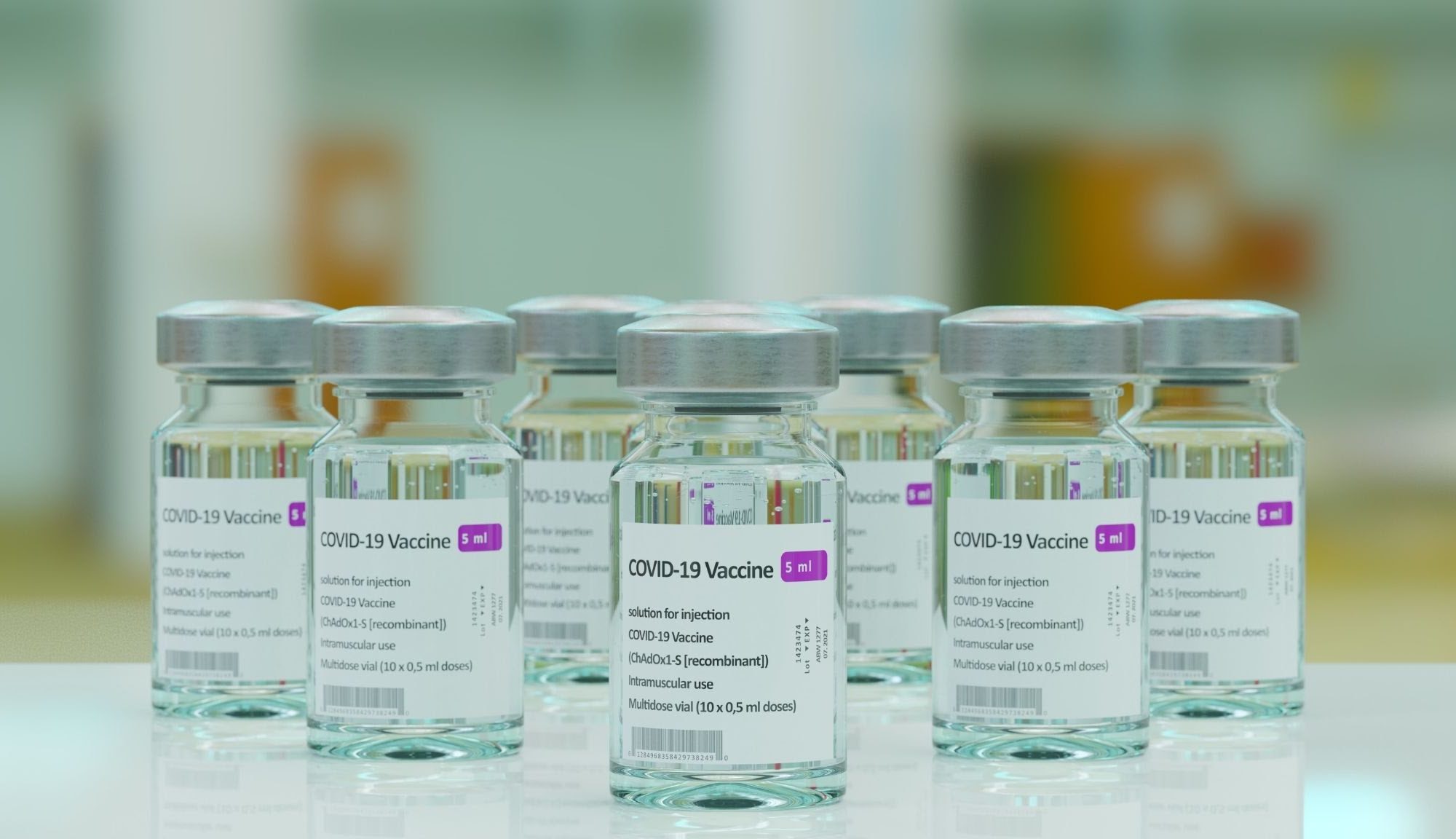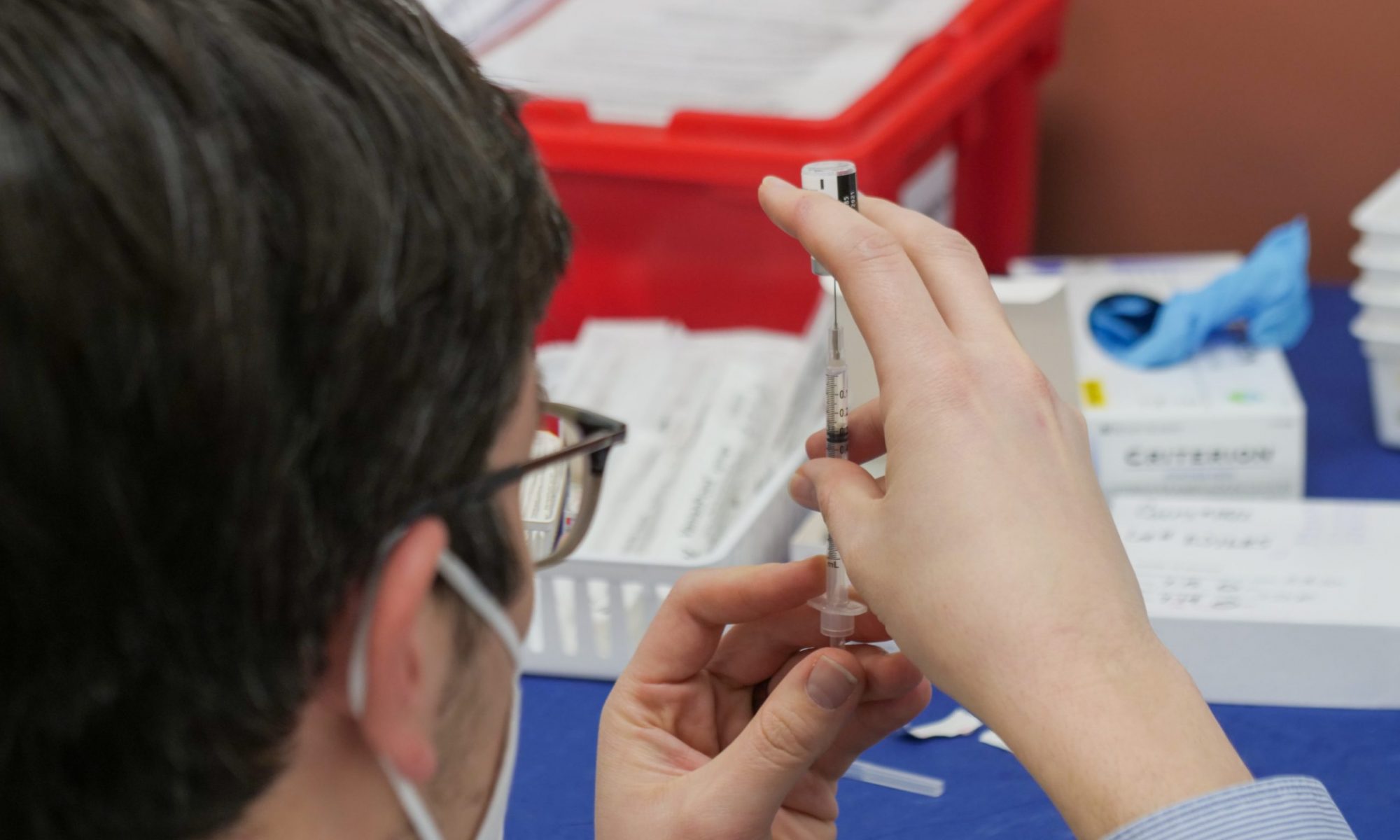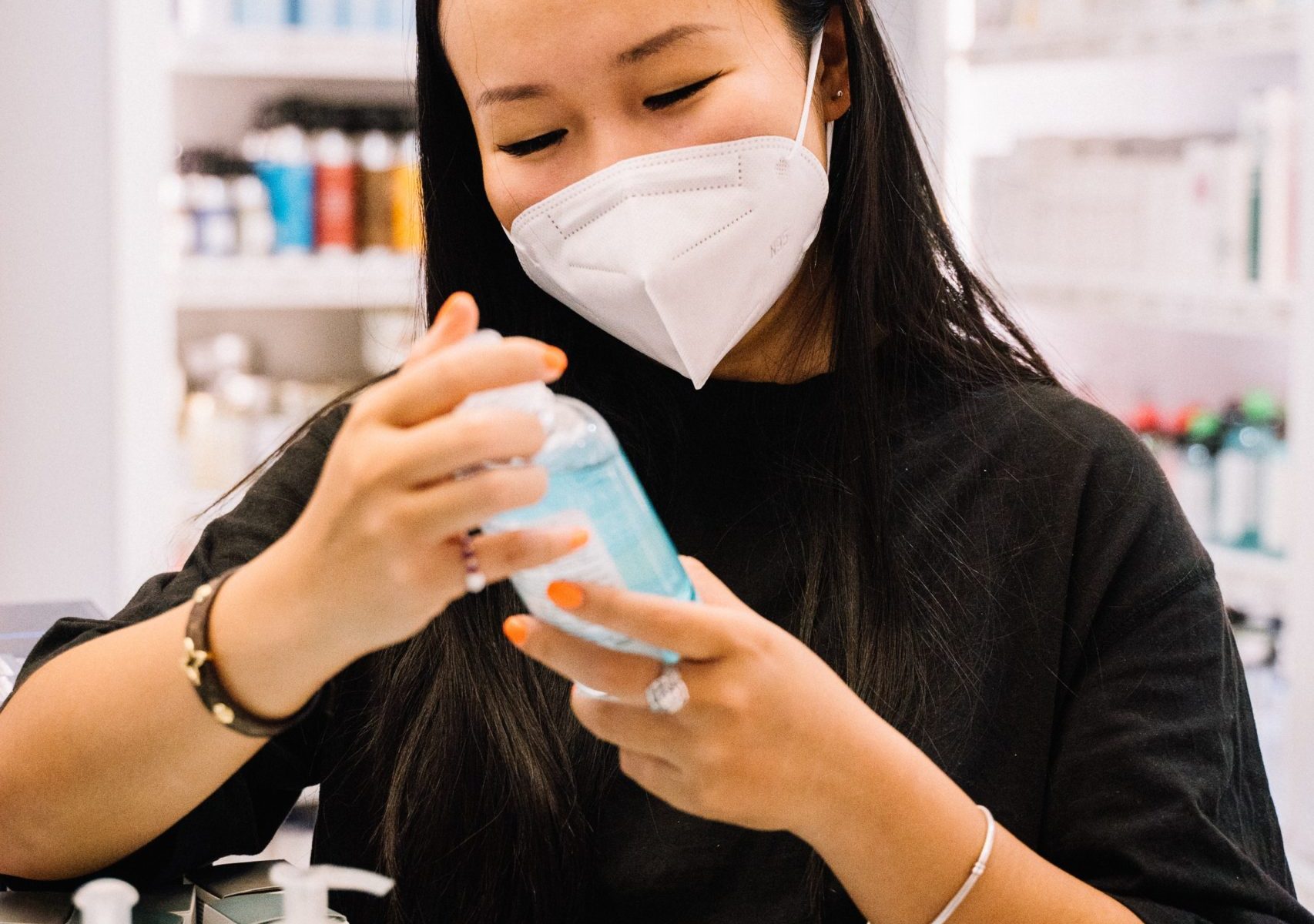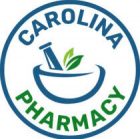Passenger flights and even road travels have been hugely impacted since the beginning of the COVID-19 pandemic. For instance, a 64.6% decline in global passenger traffic has been reported. Recently, there’s been increasing demand among government agencies to restore confidence in travel during the pandemic.
This is evident from the increasing number of available travel guidelines and testing requirements. Although traveling requirements may exist during this pandemic if you have the right information and follow the right travel advice you will be able to navigate your travels hassle-free.
If you’re planning to travel for work or vacation, do not get overwhelmed with the various testing requirements and guidelines. It doesn’t matter where you’re traveling to, what is needed is the right information concerning traveling requirements in your destination.
In this guide, you will learn everything you need to know about traveling requirements during this pandemic and how Carolina Pharmacy’s travel assistance program can help you plan a safe, smooth, and seamless experience for both domestic and international travels.
What to Know Before You Travel
COVID-19 has changed the nature of traveling, no doubt. The major deciding factor for traveling during the ongoing pandemic is safety.
You will need to have all your safety essentials such as gloves, sanitizers, masks, and more ready to guarantee your safety while traveling. Finally, you need to familiarize yourself with the basic guidelines to ensure your safety. Don’t get overwhelmed; we will simplify all traveling requirements in your destination country in this guide.
To ensure that you don’t get overwhelmed with the various information, and testing requirements out there, our Concierge Travel Services & Assistance Program also covers helping our patients determine the necessary travel requirements to make your trips stress-free. We will provide you with all the travel requirements, required tests, and necessary documentation.
Traveling Requirements, Restrictions, & Situations
Hassle-free domestic and international traveling during COVID-19 may require certain preparations and documentation. The requirements and documentation vary from country to country. While you can travel to many countries with just a vaccine card, some airlines may have their own requirements or may require testing. If testing is required, the number of days you need to test prior to departure varies depending on the country and your vaccination status.
To ensure that you have a hassle-free trip, we will help you make the right preparations beforehand by:
- Helping you gather key information about different travel requirements for your destination and planning a safe and seamless trip for you.
- Gathering the latest travel advice for your destination and helping you prepare important travel documents.
- Being in charge of your health needs through our Travel Medication Management program, and providing the necessary information that will keep you safe and healthy during your travels.
Considerations for Susceptible Individuals
Specific groups of people have an increased risk for severe illness. Immunocompromised individuals, pregnant people, older adults, children, and people with one or more existing medical conditions may have slightly different requirements. If you fall into this category and are concerned about travel requirements, schedule an appointment with our experienced staff to determine if you need any precautions for your destination.
What Travelers Need To Know About Safety in Hotels & Other Lodging
Travelers should follow basic safety guidelines in hotels and similar accommodation establishments. Ensure to constantly wash your hands with an alcohol-based sanitizer. Before going into public places such as restaurants or halls, be sure to wear face masks and maintain social distancing.
Safety Recommendations When You Travel
Before you travel, plan ahead to keep yourself and everyone safe. When you fly, you may be required to wear a facemask. Try as much as possible to avoid touching surfaces. Also, keep a portable hand sanitizer to clean airplane seats, armrests, certain buttons, and restroom door handles, practice social distancing, and avoid close contacts. These recommendations and safety guidelines also hold for road travels.
Safe & Smooth Journeys With Carolina Pharmacy’s Travel Assistance Program
Carolina Pharmacy offers comprehensive travel testing assistance such as diagnostic COVID-19 testing with full laboratory results and certain documentation that you may present as part of the requirement for proof of negative COVID-19 test for destinations or airlines where that is required.
Your safety is very important to us during these trying times, so we are prepared to provide the needed support to ensure that you can keep up with your personal lives and business even during these unprecedented times. If you are currently taking one or more medications, we’ve also got you covered through our Travel Medication Management Program. We make your traveling hassle-free with organized and convenient packaging.
Feel free to contact us for detailed concierge travel planning assistance to make your traveling seamless and help keep you safe when you travel. Let us handle the travel requirements and documentation. For more information, schedule an appointment for COVID-19 travel & testing assistance in Charlotte, Lancaster, and Rock Hill.
